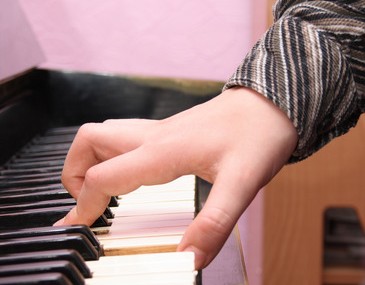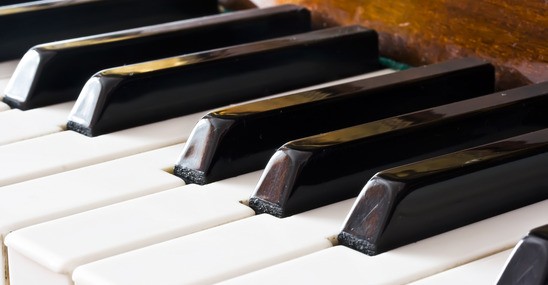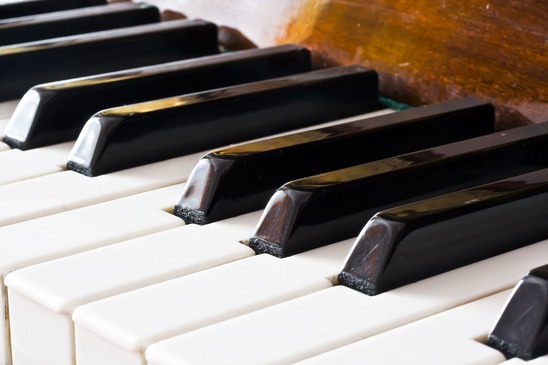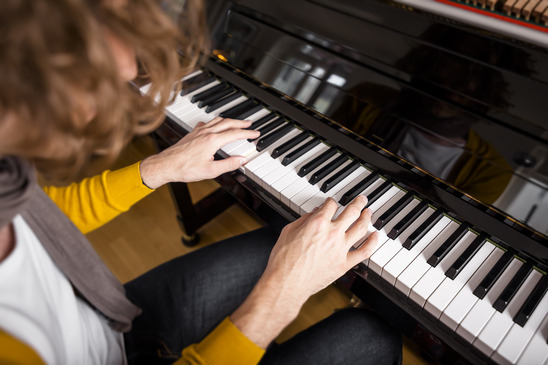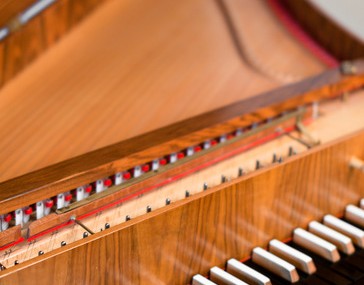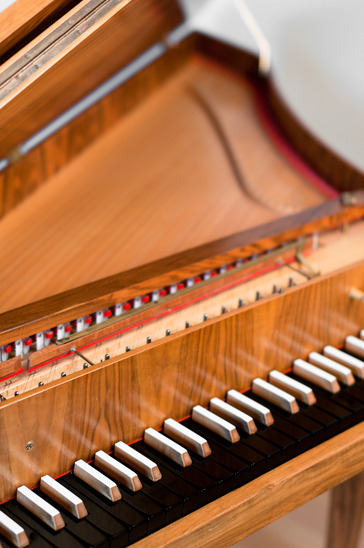Parents today are discovering the vast array of extra curricular activities for their children. With competing schedules for soccer, ballet, debate, campfire girls, and the like, why should a parent consider complicating their already busy schedule with music lessons? More specifically, why should parents consider enrolling their children in piano lessons?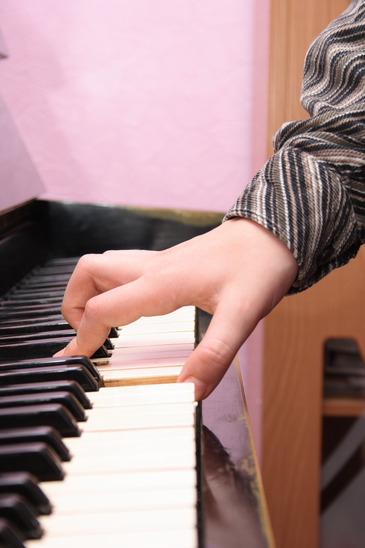
- Piano lessons improve fine motor skills – Piano lessons can greatly improve a child’s fine motor skills. Piano requires children and adults alike to control multiple fingers at a time. Hands may be moving in opposing directions, speed or rhythm at any given point in a piece. In order to master these skills, children taking piano lessons learn to develop a better control in all their motor skills.
- Piano lessons improve confidence – There is nothing quite like a child who has worked hard on a piece and successfully performed it before others. This experience will build a child’s confidence and prepare them to better face successes and failures in the future.
- Piano lessons teach perseverance – You can’t learn a piece overnight, at least not one at your proper level. Piano lessons will teach children the ideas of perseverance and practice. Practicing will give them skills necessary to work hard until a task is complete.
- Piano lessons improve performance at school – Children who take piano lessons do statistically better in school. Piano (or any instrumental instruction) introduces children to many foundational elements in math. This understanding has been linked to a higher score in science and engineering as well.
- Piano lessons improve concentration – Not only do students score higher in school, but they are better able to focus in school. Instrumental instruction and practicing by necessity develop concentration skills in children.
- Piano lessons help children be more rounded – Piano lessons introduce children to a world they would otherwise never know. This introduction helps them grow into more rounded, well educated individuals.
